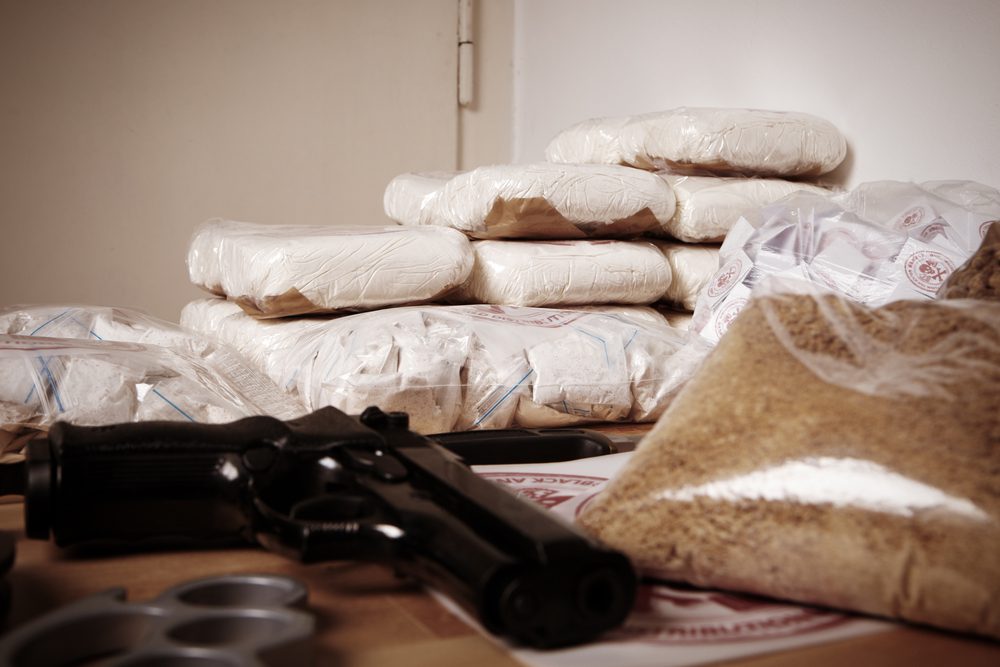
Authorities in the Ivory Coast have seized two tons of cocaine in the city of Abidjan, arriving through the port of San Pedro.
It seems coastal countries in West Africa have become a common route for drugs arriving from Latin America and bound for Europe.
This comes at a time when a series of coup d’états and religious and ethnic violence is sweeping the region. The incumbent president of the Ivory Coast, for his part, is facing accusations of violating the country’s constitutions.
General instability may be contributing to the facility with which the transnational drug trade is operating.
Politically, it has been suggested that the flow of drugs from Central and South America to Europe and North America represents a source of funding for certain regimes and parties, including many of those identified with the far-left, whence the moniker “narco-comunismo.” These Latin American governments would have a foothold in Europe through their links to the Spanish Left.
The political situation and the dominance of cartels in Latin America, instability and violence in West Africa and drug consumption in Europe may, therefore, represent a single, integrated system, one which Europe, as a major destination of the product in question and as an important partner to West African states, has the power to affect.
